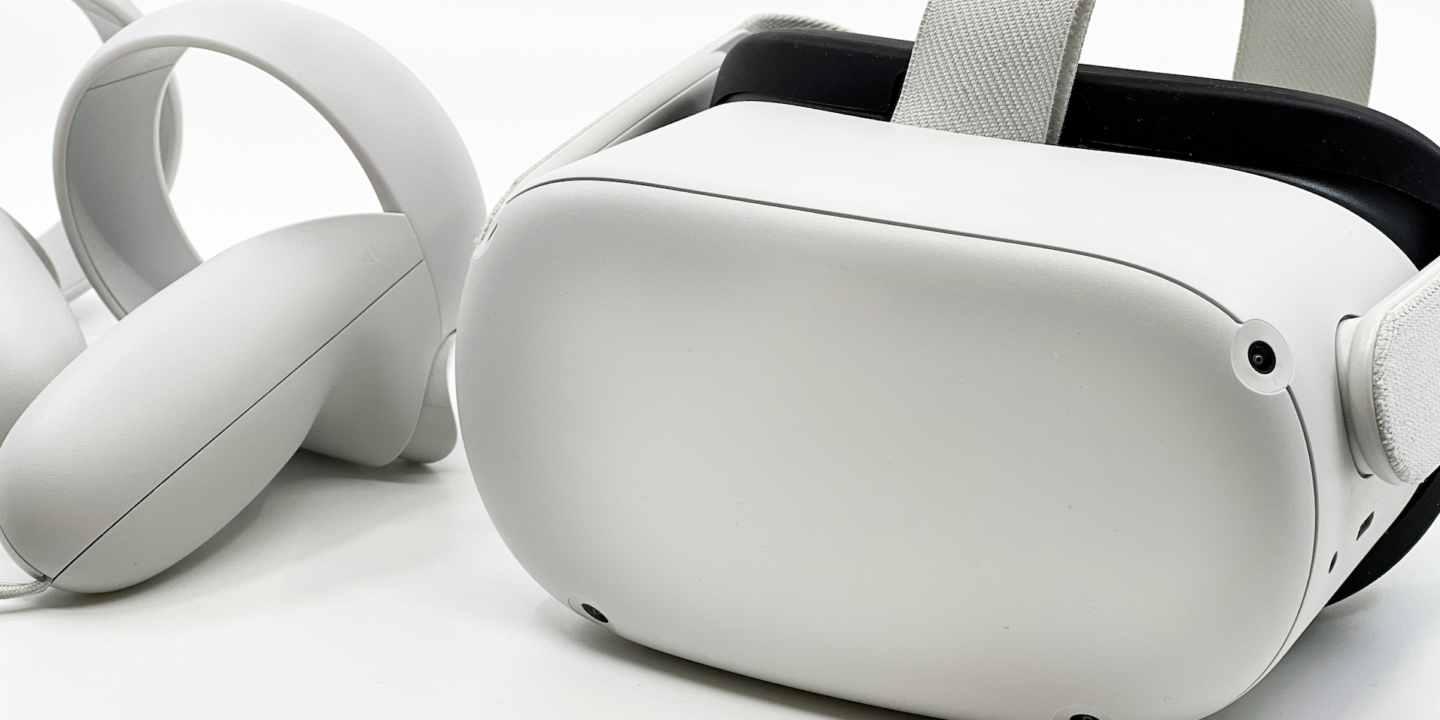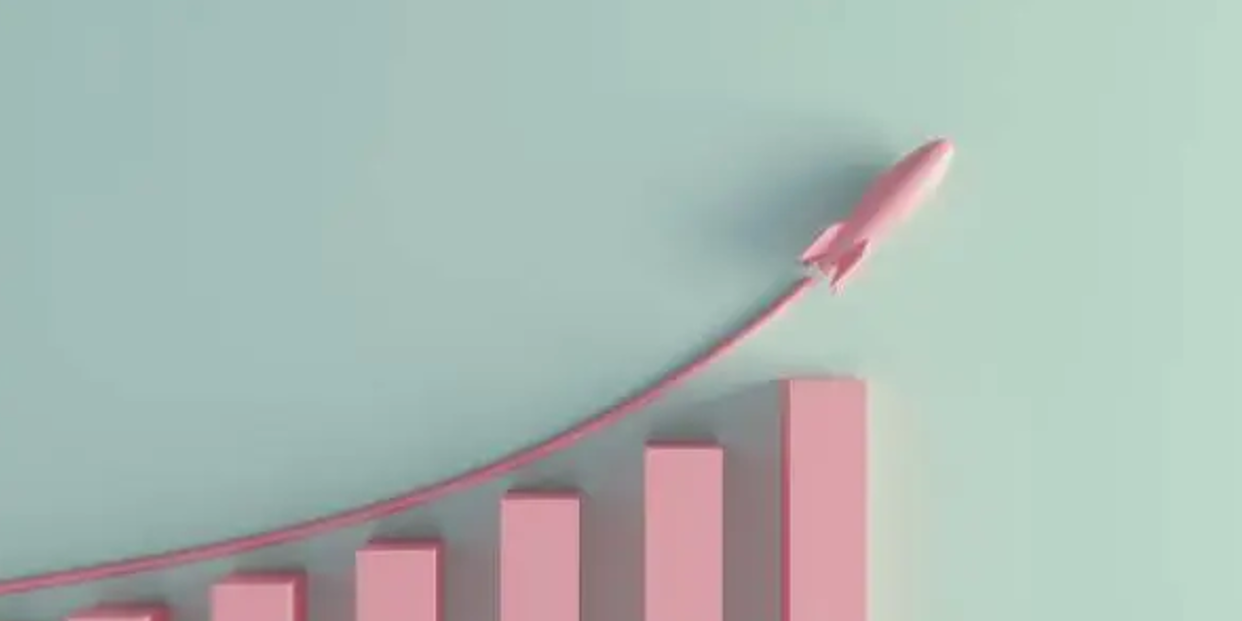In recent weeks, a new trend called de-influencing has taken over TikTok with the hashtag #deinfluencing racking up over 160 million videos. With more and more content creators on social media rejecting traditional influencer culture and becoming “deinfluencers” instead, does this mean influencing as we know it is on the wane?
The initial de-influencing videos that began circulating in January featured social media users talking about the viral products they wouldn’t recommend to discourage overconsumption. Now that the term de-influencing has become more popular, there are videos under the hashtag for nearly every niche including Gamers sharing which chairs, microphones, and headsets they felt weren’t worth the money or Dermatologists telling users which skin care products to skip.
What’s causing the skepticism around influencing?
For starters, high inflation and economic uncertainty have people exercising caution with their spending. There have also been concerns over the authenticity of influencer recommendations leaving users wondering if they could trust the opinions of influencers who benefit financially from recommending products.
So does that mean influencer marketing is no longer effective?
Not exactly. On TikTok, the trend has already evolved from videos that say “buy less” into videos that say “buy this, not that.”
Influencers have historically sold something to users and this new viral trend is giving advice on which promoted products are not worth the hype or outright telling them what not to buy. The popularity of the trend is driven by timing and people becoming sick of being told they have to constantly buy something. For many influencers, the economic climate has prompted content creators to make videos about products they think are overrated, and they’re getting the views too. The TikTok algorithm “can be follower agnostic”, so users with a relatively small amount of followers can go viral, which has fuelled the trend. The controversial statements are the ones that get more engagement because people comment.
A big influencer, unprompted, is less likely to start a trend that is ‘deinfluencing’. This trend would have been started by lots of small content creators and it has essentially trickled up to the bigger influencers, because smaller creators have less to lose by defaming products.
They also know their audience better than anyone else so if they know their audience is feeling the pinch, they’re going to react to that to try to stay on their side. There is also a risk however that the openness might backfire in the future. In a perfect world, creators would like to think that brands would take it as feedback, but it might put potential collaboration in prejudice.
The reality for brands is that the trend is going nowhere but putting it into perspective, it should be considered an ‘honest’ review. Is deinfluencing the end of influencing? Not likely. Whichever way you look at it, Deinfluencing is influencing.
#PRAgency #TechPRAgency #TechnologyPRAgency #ConsumerElectronicsPRAgency #ConsumerPRAgency #GamingPRAgency #European PRAgency #EuropeanTechnologyPRAgency #SocialMediaAgency #InfluencerMarketingAgency #PressOffice #MediaRelations #LaunchEvents


